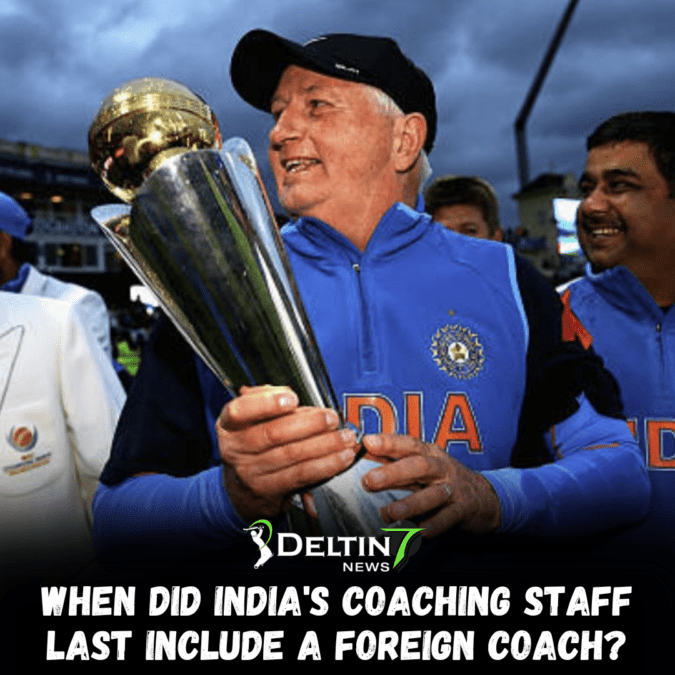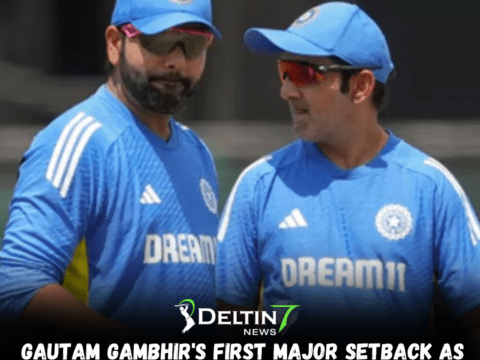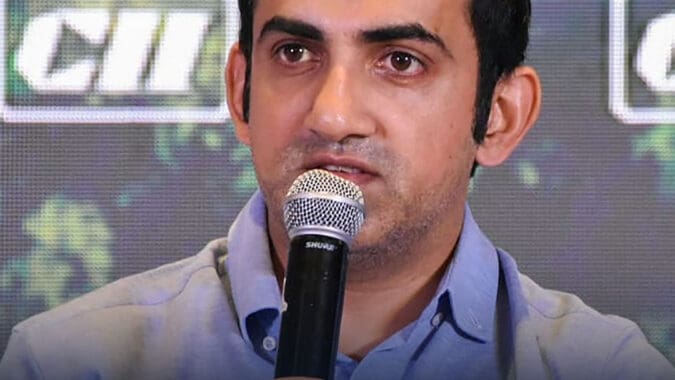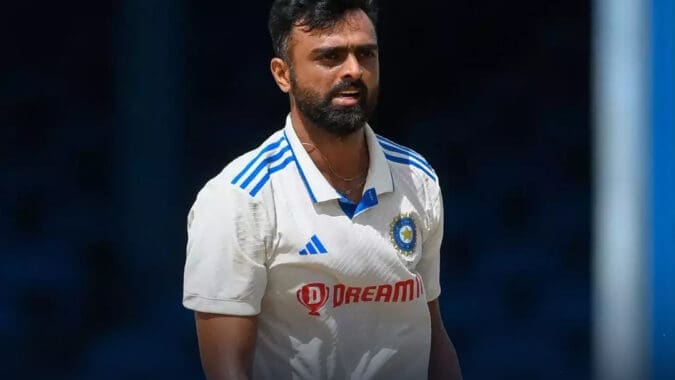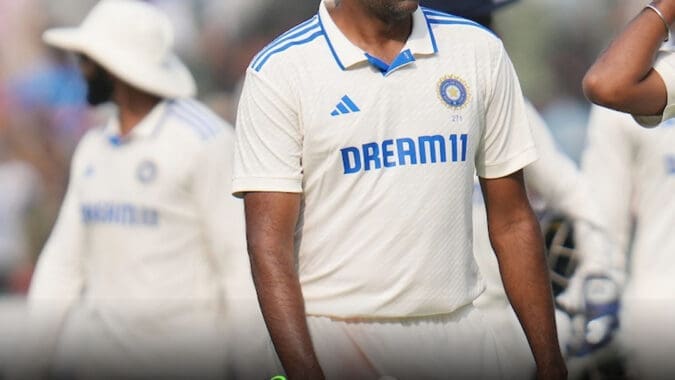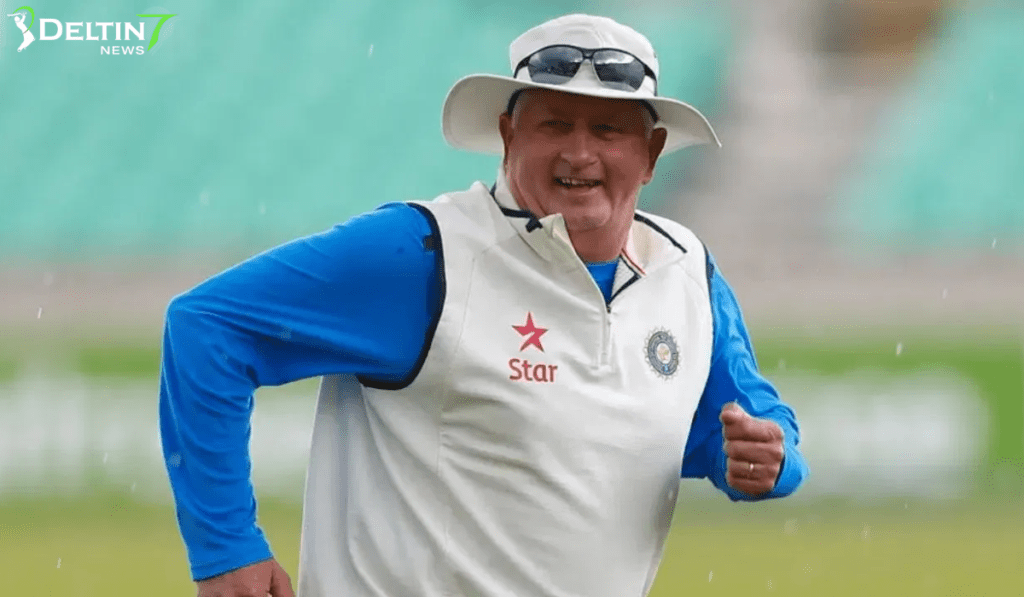
When did India’s coaching staff last include a foreign coach?
The Indian cricket team has undergone numerous transformations over the years, both in terms of player personnel and coaching staff. While the nation has produced some of the most illustrious cricketing talents, the question of who leads the team from the sidelines has always been a topic of intense discussion and debate. In this comprehensive article, we delve into the intriguing history of India’s overseas coaching appointments, exploring the last time the country had a foreign tactician at the helm and the impact it had on the team’s performance.
Duncan Fletcher’s Tenure as India’s Head Coach
In the aftermath of India’s triumphant 2011 ODI World Cup campaign, the national team underwent a significant change in its coaching setup. In April 2011, former Zimbabwe cricketer Duncan Fletcher was appointed as the head coach, replacing the outgoing Gary Kirsten. This marked the last time an overseas coach took charge of the Indian team, a decision that was met with both enthusiasm and apprehension.
Promising Start, Followed by Challenges
Fletcher’s initial tenure with the Indian team started on a positive note, as the side secured a 2-0 Test series victory over the West Indies. However, the euphoria was short-lived, as the team soon faced a humiliating 0-4 defeat in the Test series against England, followed by a 0-3 loss in the ODI format. This dismal performance was further compounded by a 0-4 thrashing at the hands of Australia in the Test arena.
Inconsistent Results and Pressure
The 2012 T20 World Cup saw India fail to progress beyond the group stage, further adding to the growing concerns surrounding the team’s performance under Fletcher’s guidance. Surprisingly, the MS Dhoni-led side also lost a home Test series against England, a rare occurrence for the Indian team.
Glimmers of Success and Continued Struggles
Despite the setbacks, Fletcher’s tenure was not entirely devoid of success. In 2013, the Indian team secured a convincing 4-0 Test series victory at home, showcasing their dominance on familiar pitches. Furthermore, the team’s triumph in the 2013 Champions Trophy, under Fletcher’s stewardship, was a moment of celebration for the cricketing faithful.
However, the team’s fortunes remained inconsistent, as they suffered away Test series losses against South Africa and New Zealand. The 2014 season proved to be particularly challenging, with India enduring a 3-1 defeat in the Test series against England, followed by a 2-0 loss to Australia.
Tenure Ends on a Mixed Note
Despite the team’s mixed performances, Fletcher’s tenure was not entirely devoid of positive moments. The 2014 T20 World Cup saw India reach the knockout stages, and the 2015 World Cup campaign saw the team remain unbeaten in the group stage before succumbing to a semifinal loss against Australia.
Ultimately, Fletcher’s coaching stint with the Indian team came to an end after the 2015 World Cup, and his contract was not renewed. The team then transitioned to full-time coaches in the form of Ravi Shastri (2017-2021) and Rahul Dravid (2021-2024), before the recent appointment of Gautam Gambhir as the new head coach.
The Significance of Overseas Coaches in Indian Cricket
The presence of overseas coaches in the Indian cricket setup has been a topic of ongoing debate and discussion. While some have advocated for the inclusion of foreign experts to bring a fresh perspective and diverse experience, others have argued for the importance of domestic leadership and cultural understanding.
Pros and Cons of Overseas Coaching
Proponents of overseas coaches often cite the potential for innovative strategies, exposure to global best practices, and the ability to provide an objective, unbiased assessment of the team’s performance. However, critics argue that the lack of familiarity with the Indian cricket ecosystem and the challenges of adapting to the local culture can hinder the coach’s effectiveness.
The BCCI’s Stance on Overseas Coaches
Over the years, the Board of Control for Cricket in India (BCCI) has not been a strong proponent of appointing overseas coaches, preferring to maintain a predominantly domestic coaching staff. This stance has been influenced by various factors, including the desire to nurture and empower local talent, as well as the perceived challenges of integrating a foreign coach into the Indian cricketing landscape.
The Potential Return of an Overseas Coach
With the recent appointment of Gautam Gambhir as the new head coach of the Indian team, speculation has arisen about the possibility of him bringing in overseas support staff. Gambhir’s previous association with Kolkata Knight Riders (KKR) in the Indian Premier League (IPL) has led to rumors that he may seek to reunite with former Dutch all-rounder Ryan Ten Doeschate as the team’s fielding coach.
Gambhir’s Vision and the BCCI’s Stance
While Gambhir’s reported preference for an overseas fielding coach may raise eyebrows, the BCCI’s stance on the matter remains to be seen. The board’s historical reluctance to embrace foreign coaching talent may pose a challenge, but Gambhir’s stature and influence within the cricketing community could potentially sway the decision-makers.
Conclusion
The Indian cricket team’s journey with overseas coaches has been a complex and multifaceted one, marked by both successes and failures. The last time the country had a foreign tactician at the helm was during Duncan Fletcher’s tenure, which spanned from 2011 to 2015. While Fletcher’s tenure saw some notable achievements, it was also plagued by inconsistent results and mounting pressure.
As the Indian team embarks on a new era under Gautam Gambhir’s leadership, the prospect of an overseas support staff member, particularly in the form of Ryan Ten Doeschate, has sparked renewed discussions about the role of foreign experts in the country’s cricketing landscape. The BCCI’s stance on this matter will be closely watched, as the Indian cricket ecosystem continues to evolve and adapt to the changing demands of the sport.


